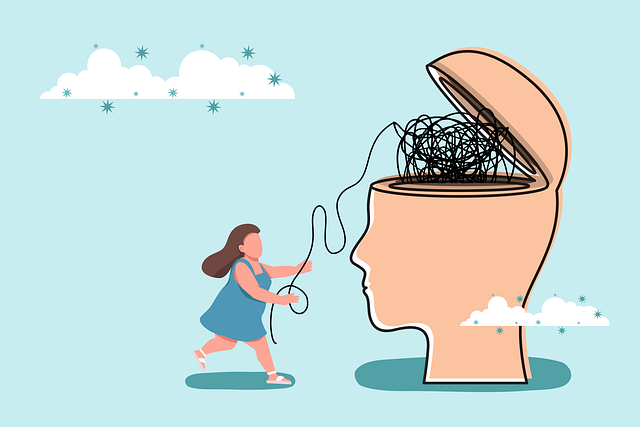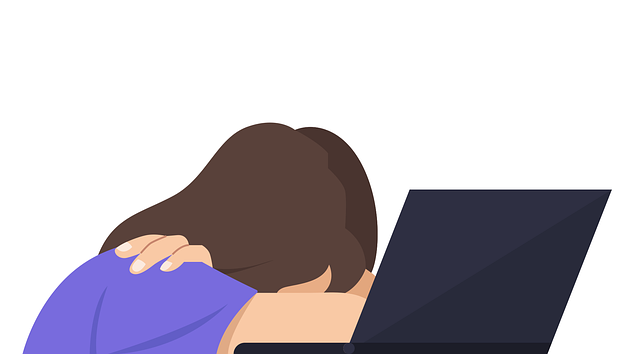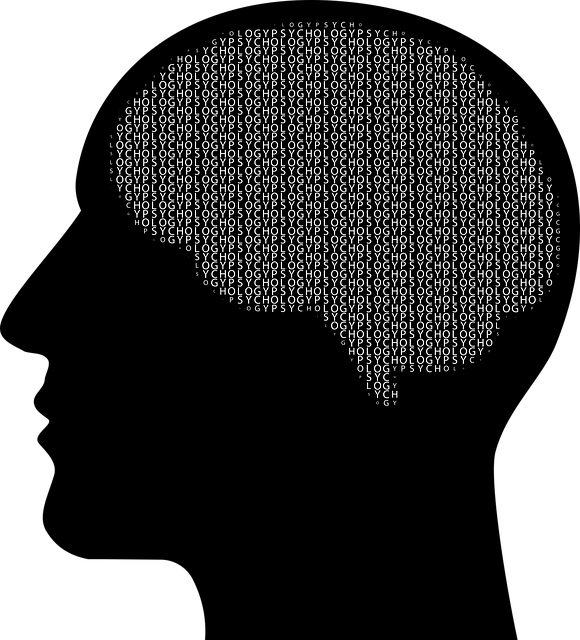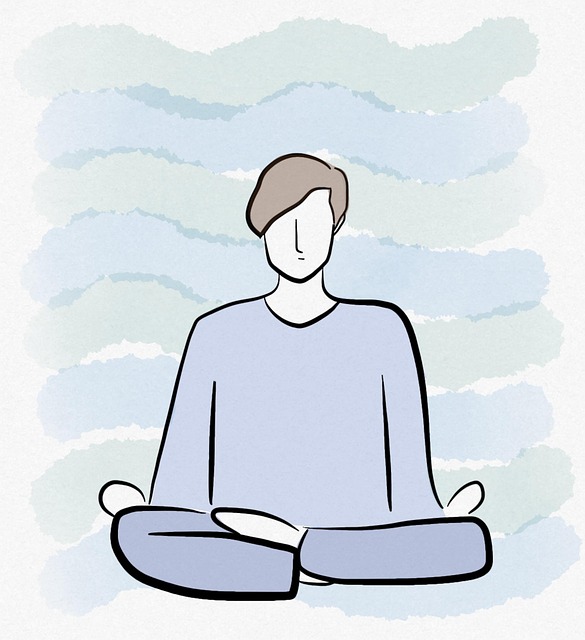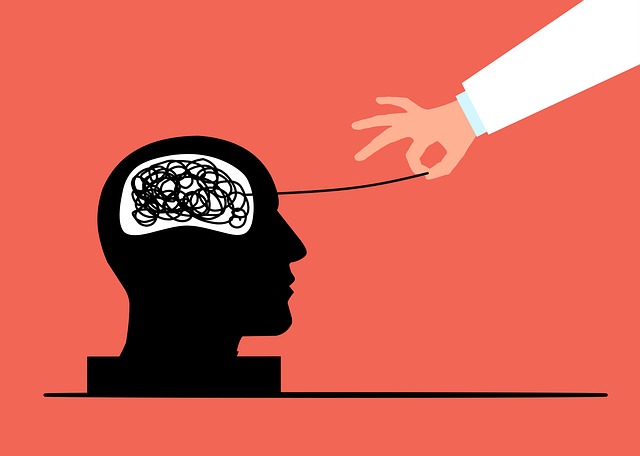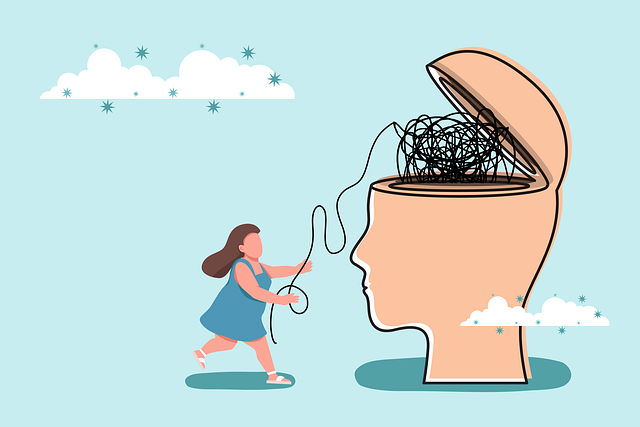Boulder Crisis Counseling Therapy (BCCT) emphasizes recognizing anxiety signs and triggers, using CBT to change negative thought patterns, and incorporating mindfulness practices like meditation and journaling for emotional balance. Lifestyle modifications, including exercise, balanced diet, and quality sleep, are key to managing anxiety effectively. BCCT provides specialized support, helping individuals explore underlying causes of anxiety through evidence-based techniques for improved mental health outcomes.
Anxiety is a common struggle, but managing it effectively can lead to improved well-being. This comprehensive guide explores various techniques to overcome anxiety, from understanding its signs and triggers to powerful therapeutic approaches like Cognitive Behavioral Therapy (CBT). Discover the calming benefits of mindfulness and meditation, and learn about lifestyle changes that support mental health. We also delve into the crucial role of Boulder Crisis Counseling Therapy as a professional resource for those seeking comprehensive anxiety management.
- Understanding Anxiety: Recognizing Signs and Triggers
- Cognitive Behavioral Therapy (CBT): A Powerful Tool for Overcoming Anxiety
- Mindfulness and Meditation: Finding Calm in the Midst of Chaos
- Lifestyle Changes for Better Mental Health: Exercise, Diet, and Sleep
- Seeking Professional Help: The Role of Boulder Crisis Counseling Therapy
Understanding Anxiety: Recognizing Signs and Triggers

Anxiety is a natural response to stress, but when it becomes overwhelming and persistent, it can significantly impact daily life. Recognizing the signs and understanding triggers are crucial steps in managing anxiety effectively. The team at Boulder Crisis Counseling Therapy emphasizes that awareness is the first step towards healing. Common symptoms include a racing heart, rapid breathing, restlessness, and intrusive thoughts. These physical and mental cues indicate an upcoming anxious episode, allowing individuals to prepare or seek support.
Identifying triggers is equally vital for emotional regulation and intelligence. Mental health professionals often encourage clients to keep a journal, noting situations, emotions, and thoughts before anxiety sets in. This practice helps uncover patterns and potential triggers, such as specific environments, interactions, or even certain people. By understanding these catalysts, individuals can develop personalized risk management planning, ensuring they have tools to navigate challenging situations and maintain mental well-being.
Cognitive Behavioral Therapy (CBT): A Powerful Tool for Overcoming Anxiety

Cognitive Behavioral Therapy (CBT) is a highly effective approach to managing anxiety disorders, offering individuals in Boulder a powerful tool for overcoming their fears and improving overall mental wellness. This evidence-based therapy focuses on identifying and changing negative thought patterns and behaviors that contribute to anxiety. By challenging distorted thinking and learning new coping strategies, CBT empowers people to take control of their emotions and reduce the intensity of anxious responses.
Boulder Crisis Counseling Therapy incorporates CBT techniques into its practice, helping clients develop Burnout Prevention Strategies for Healthcare Providers by enhancing their ability to manage stress and maintain mental resilience. Anxiety Relief is achieved through a combination of cognitive restructuring, behavioral activation, and mindfulness exercises tailored to each individual’s needs. Additionally, Mental Wellness Journaling Exercises can be integrated into the therapy process, providing a means to track progress, gain insight, and reinforce positive changes in thought patterns.
Mindfulness and Meditation: Finding Calm in the Midst of Chaos

In today’s fast-paced world, finding moments of calm amidst chaos is essential for maintaining mental wellness. Mindfulness and meditation practices have emerged as powerful tools to help individuals manage anxiety and cultivate emotional regulation. Boulder Crisis Counseling Therapy offers guidance in this realm, encouraging clients to explore the transformative power of these techniques.
By incorporating mindfulness into daily routines, one can learn to stay present, observe thoughts without judgment, and develop a deeper connection with their inner selves. Meditation acts as a mental wellness journal, allowing individuals to process emotions and experiences in a safe, controlled environment. The Mental Wellness Podcast Series Production has also contributed significantly by providing accessible resources and expert advice on various meditation techniques, catering to different preferences and needs. These practices, when coupled with regular journaling exercises, can help individuals gain valuable insights into their thoughts and feelings, ultimately fostering better emotional regulation.
Lifestyle Changes for Better Mental Health: Exercise, Diet, and Sleep

In navigating anxiety and striving for better mental health, lifestyle changes play a pivotal role. Regular physical activity, whether it’s a brisk walk in nature or a vigorous yoga session, has been shown to reduce symptoms of anxiety by promoting the release of endorphins and reducing stress hormones. Incorporating a balanced diet rich in fruits, vegetables, and whole grains can stabilize mood and energy levels, as certain nutrients are known to support brain health and function.
Additionally, prioritizing quality sleep is essential. Establishing a consistent sleep routine helps regulate hormones that affect mood and anxiety. Boulder Crisis Counseling Therapy emphasizes the interconnectedness of mental health and lifestyle choices, suggesting that adopting healthy habits like regular exercise, mindful eating, and sufficient rest can significantly contribute to preventing burnout, especially for healthcare providers. Cultivating a self-care routine that incorporates these aspects is an important step towards fostering resilience and managing anxiety effectively, considering even small changes can lead to profound improvements in overall well-being.
Seeking Professional Help: The Role of Boulder Crisis Counseling Therapy

For many individuals grappling with anxiety, seeking professional help is a pivotal step towards managing and overcoming their challenges. Boulder Crisis Counseling Therapy (BCCT) stands out as a specialized service that offers comprehensive support for those dealing with anxiety disorders. BCCT provides a safe and supportive environment where clients can explore the underlying causes of their anxiety, develop effective coping mechanisms, and enhance their overall mental wellness.
The therapy focuses on evidence-based communication strategies tailored to each individual’s unique needs. Through a combination of counseling techniques, BCCT enables clients to gain insights into their anxious thoughts and behaviors, fostering self-awareness and empowering them to take charge of their mental health. By addressing the root causes, BCCT not only offers immediate relief but also equips individuals with long-lasting tools for stress management, ensuring improved mental health outcomes and a greater sense of resilience.
Anxiety management is a comprehensive journey, and with the right tools, individuals can take control of their mental well-being. From understanding anxiety’s triggers to adopting therapeutic practices like CBT and mindfulness, there are numerous effective strategies available. Lifestyle adjustments, including regular exercise, balanced diet, and adequate sleep, play a pivotal role in managing anxiety. For those seeking additional support, Boulder Crisis Counseling Therapy offers specialized guidance, providing a safe space to navigate and overcome anxiety-related challenges. By combining these techniques, individuals can foster resilience, reduce symptoms, and enhance their overall quality of life.



